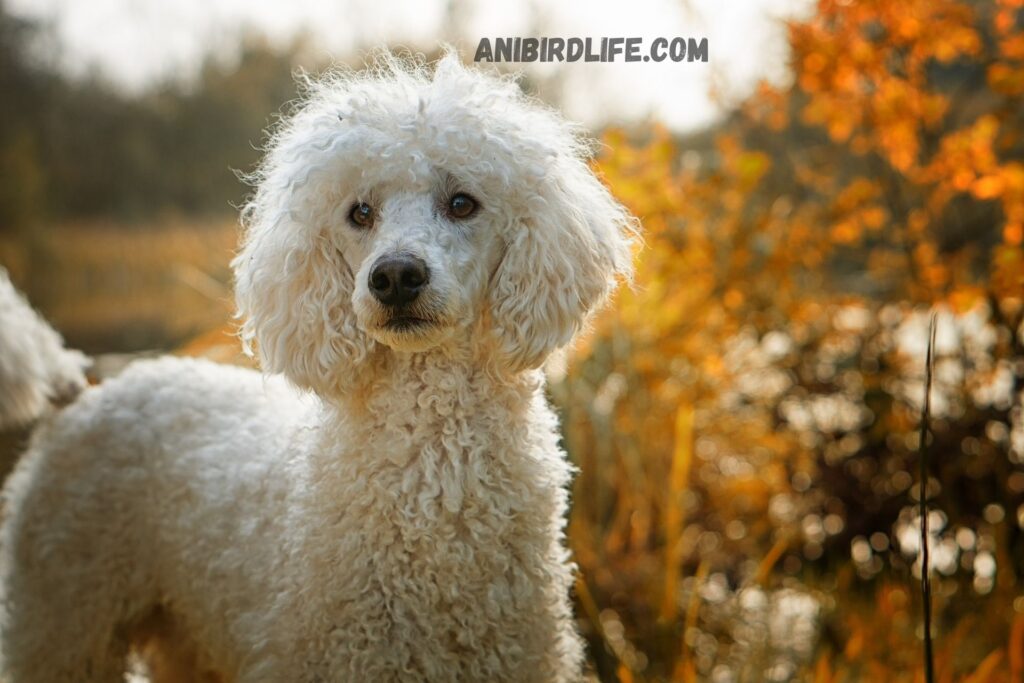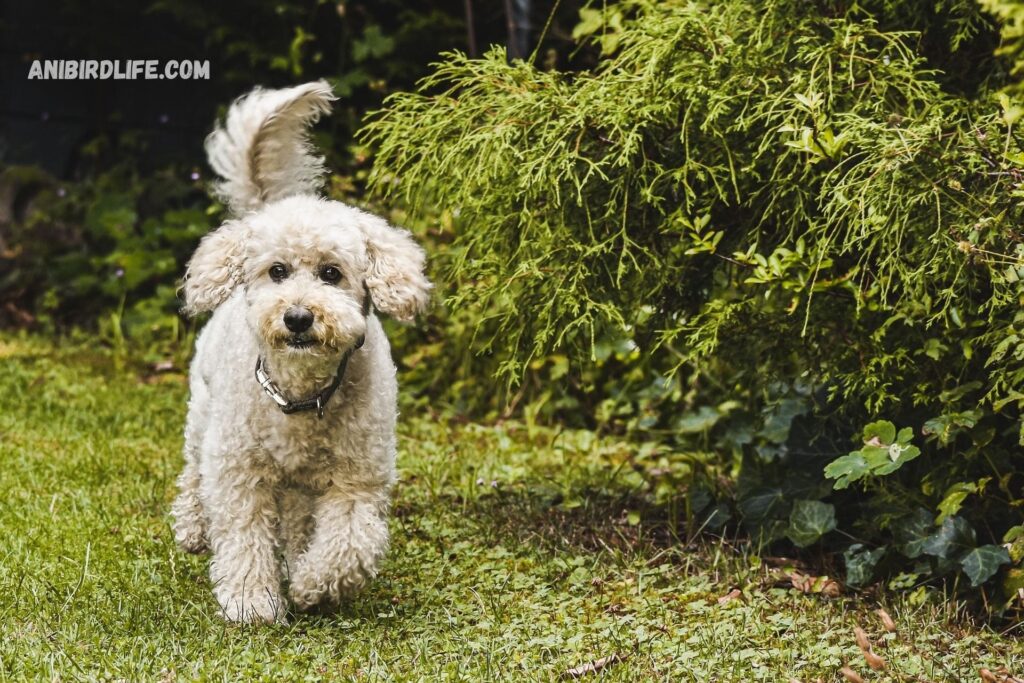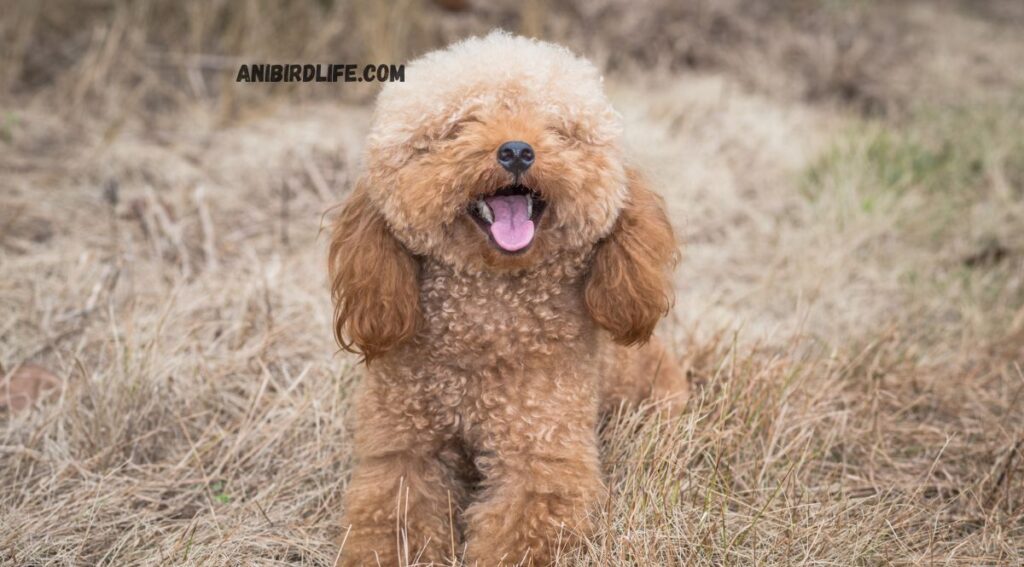Poodles are among the most adored and iconic dog breeds globally. Renowned for their sharp minds, graceful appearance, and hypoallergenic coats, these dogs are divided into three distinct varieties: Standard, Miniature, and Toy Poodles. While they share many common traits, each type has its unique characteristics, making them suitable for different lifestyles and owners.
In this article, we will explore the differences between these three types of Poodles, helping you decide which one might be the best fit for you.
Overview of Poodles
Poodles are an exceptionally clever and adaptable dog breed, originally developed for the task of water retrieving. Their curly coats and athletic build make them both functional and stylish. Regardless of size, all Poodles share similar traits, such as high intelligence, trainability, and affectionate nature.
Origins and History

The Poodle originated in Germany but became widely popular in France, where it was refined into the breed we know today. Initially used for hunting and retrieving waterfowl, Poodles eventually became popular companion animals, circus performers, and even therapy dogs.
The 3 Types of Poodles
1. Standard Poodle
Height: Standing taller than 15 inches at the shoulder.
Weight: 45-70 pounds
Lifespan: 10-13 years
Best For: Active families, dog sports, and therapy work
The Standard Poodle, the largest of the trio, is celebrated for its athletic build and sharp intellect. Originally bred for water retrieving, this type requires ample exercise and mental stimulation. Standard Poodles thrive in agility, obedience, and are even skilled in hunting tasks.
2. Miniature Poodle
Height: 10-15 inches tall at the shoulder
Weight: 10-15 pounds
Lifespan: 12-15 years
Best For: Apartment dwellers, families, and first-time dog owners
The Miniature Poodle is a mid-sized variety that maintains the intelligence and agility of the Standard but in a more compact form. These dogs are perfect for families seeking a compact companion with a lively and loving nature.
3. Toy Poodle
Height: Less than 10 inches at the shoulder.
Weight: 4-6 pounds
Lifespan: 12-16 years
Best For: Small living spaces, companionship, and elderly owners
The Toy Poodle is the smallest variety, bred primarily for companionship. Despite their tiny size, Toy Poodles are just as intelligent and trainable as their larger counterparts. They flourish in environments where they get ample attention and mental engagement.
Key Differences Between the Three Types
| Feature | Standard Poodle | Miniature Poodle | Toy Poodle |
| Size & Weight | Large (45-70 lbs) | Medium (10-15 lbs) | Small (4-6 lbs) |
| Energy Level | High | Moderate | Low to Moderate |
| Exercise | 60+ minutes per day | 45 minutes per day | 30 minutes per day |
| Trainability | Excellent | Excellent | Excellent |
| Grooming Needs | High | High | High |
| Best For | Active families, outdoor lovers | Small families, apartment dwellers | Seniors, individuals looking for a lap dog |
Similarities Across All Poodle Types
Intelligence: All Poodle’s are highly intelligent and among the easiest breeds to train.
Hypoallergenic Coat: Their curly, non-shedding coat makes them a great option for allergy sufferers.
Affectionate Nature: Poodle’s are friendly and bond closely with their owners.
Loyal and Protective: While not aggressive, they are protective of their families and make excellent watchdogs.

Choosing the Right Poodle for Your Lifestyle
If you’re seeking an energetic and sporty companion, the Standard Poodle could be your perfect match. For those desiring a smaller, yet playful dog, the Miniature Poodle might be the ideal choice.
For those seeking a tiny companion that requires less exercise, the Toy Poodle is a great choice.
Things to Consider Before Getting a Poodle:
Space Availability: Standard Poodle’s need more room, while Miniature and Toy Poodles can adapt to smaller living spaces.
Time Commitment: Poodle’s require regular mental and physical stimulation.
Grooming Requirements: Their curly coats require regular maintenance to avoid tangling and matting.
Family Dynamics: Consider if you have young children, elderly members, or other pets before choosing the right size.

Conclusion
Poodles are an incredible breed with three distinct varieties, each offering something unique. Whether you opt for a Standard, Miniature, or Toy Poodle, you’ll get an intelligent, affectionate, and elegant companion.
By taking your lifestyle and living space into account, you can choose the ideal Poodle that suits your needs.
FAQs
1. Which Poodle type is the best for first-time dog owners?
The Miniature Poodle is a popular option for first-time dog owners, thanks to its manageable size and versatile temperament.
2. Do Poodles bark a lot?
Poodles can be vocal, especially when alerting their owners. With the right training, excessive barking can be effectively managed.
3. Are Poodles good with children?
Yes! Poodles, especially Standard and Miniature, are great with kids when properly socialized.
4. Do all Poodles require professional grooming?
Indeed, their curly coats need consistent brushing and professional grooming every 4 to 6 weeks.
5. Are Poodles good for allergy sufferers?
Yes! Poodles sport a hypoallergenic coat, making them an excellent option for allergy sufferers.
Whether you want an athletic Standard Poodle, a playful Miniature, or a cuddly Toy Poodle, this breed is one of the best choices for any dog lover. Let us know in the comments which Poodle type is your favorite!
